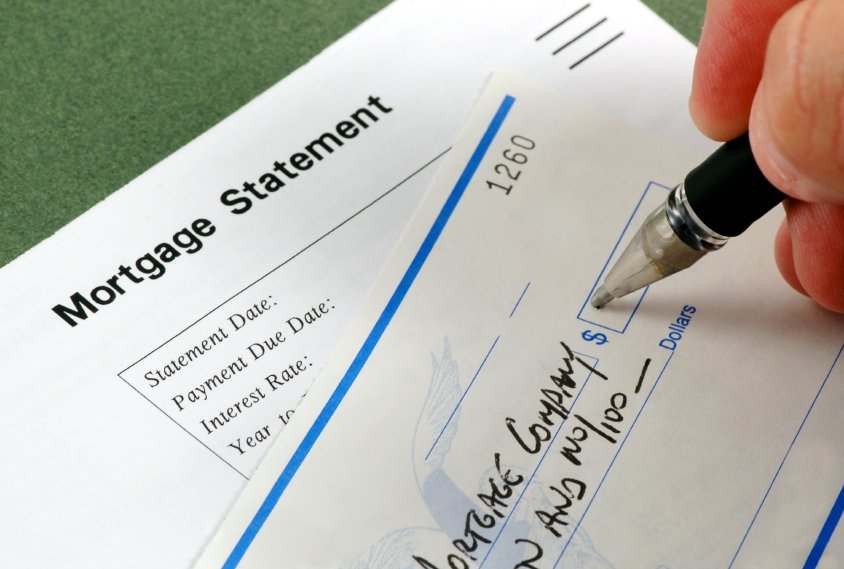
You’ve been paying your mortgage every month for a while. One day, you open your bill to find that your monthly mortgage payment has increased. “What the heck? Why did it go up?” you may think. Before you get all upset, let’s take a look at some factors that may be causing this price increase.
1. Adjustable rate mortgage
For fixed rate mortgages, typically the amount you pay toward the principal and interest on the loan stays the same throughout the life of the loan (though the ratio of how much money goes toward the principal and how much goes toward interest does change). However, if you have an adjustable rate mortgage (ARM), the interest rate on your loan can change periodically which affects how much you’ll pay a month. Check to see what type of loan you have. New Consumer Financial Protection Bureau (CFPB) rules that went into effect this year require your mortgage servicer to send you an estimate of your new payment 7 to 8 months before your interest rate changes for the first time on your ARM loan. If the interest rate on your ARM has already changed once before, your service provider must notify you 2 to 3 months before the next time the loan resets.
2. Property taxes
Many loans may require that a mortgage escrow account be established for the payment of your monthly mortgage and your property taxes. If you have a fixed loan and your mortgage payment goes up, an increase in property taxes could be the cause. If you’ve made an improvement to your home or property values have increased in your area, your taxes may have gone up. Contact your city and county offices to find out your local tax rate. If your taxes have risen, there’s not much you can do about it. You can always have your property reassessed, but there’s no guarantee that the assessed value of your home will decrease. And if the assessment shows the value of your property has increased, you could owe even more in taxes.
3. Homeowner’s insurance
Another item that’s commonly included in your mortgage escrow account is your homeowner’s insurance. You may want to check with your insurance agent to see if your home insurance premium has gone up due to yearly insurance company adjustments. Or, maybe you recently adjusted the replacement value on your policy or got additional coverage. To reduce your insurance costs, you may want to shop around for new home insurance quotes. Also, check with your insurance agent to see if you qualify for any discounts. Plus, you can always increase your deductible on your insurance to lower your monthly payment.
4. Mortgage servicer mistakes
Occasionally, mortgage servicers can make mistakes in calculating your loan payment. If this appears to be the case, call your service provider. Also for your protection, you should send a written notification about error. Don’t send this letter with your mortgage payment. You should send it to the address your servicer uses for written requests. Also, send your letter via certified mail, return receipt requested to confirm that your letter arrived at your mortgage servicer’s office. The new CFPB rules require servicers to investigate and fix all mistakes in a timely manner.
If you want to lower your interest rate by refinancing your property, contact the mortgage specialists at Grandview Lending. We’ll work with you to find the best rate based on your individual circumstances.
Photo credit: iStockphoto
Do you know how much home you can afford?
Most people don’t... Find out in 10 minutes.
Today's Mortgage Rates

Leave a Reply